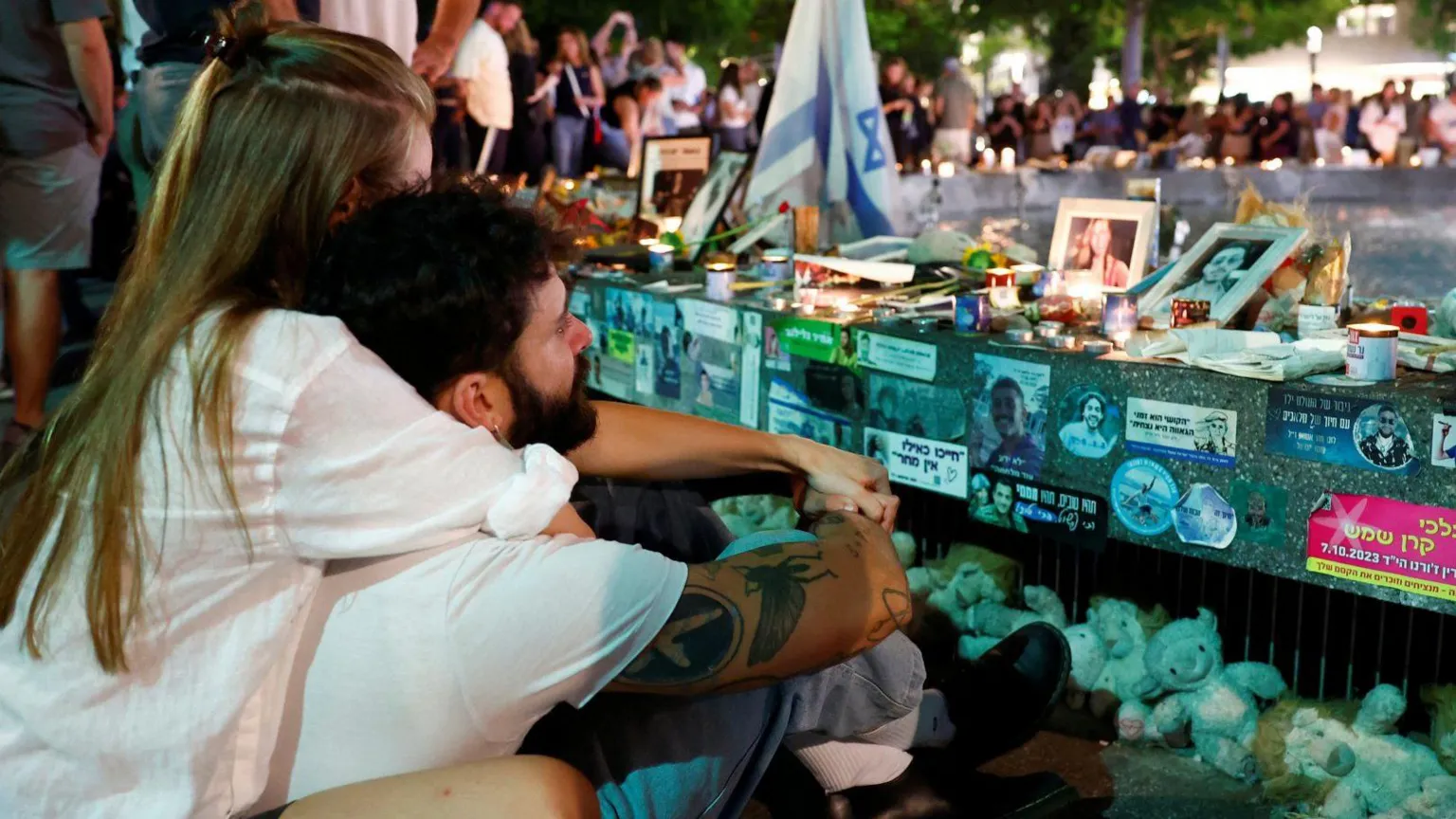
Israel has held ceremonies to remember the victims of the mass killings and abductions carried out by Hamas on 7 October 2023, against a backdrop of continuing fighting in the Gaza Strip and Lebanon. A year on from the attack – that saw some 1,200 people killed and 251 taken hostage – Israeli PM Benjamin Netanyahu vowed to stop such an assault happening again, saying Israel’s armed forces were “changing the security reality” of the region. Since 7 October, nearly 42,000 people have been killed during Israel’s offensive in Gaza, according to the Hamas-run health ministry. As the day of commemorations unfolded, Israel said it had intercepted more than 100 rockets fired by Hezbollah in Lebanon as well as projectiles launched by Yemen’s Houthis and from Hamas in Gaza.
Overnight, rocket warning sirens continued to sound in northern Israel, and several more town were declared closed military zones, as Israel looks set to expand its ground offensive across the Lebanon border.
The US has indicated that it supports targeting Hezbollah in Lebanon – but fears that what has been described as a limited operation by Israel could quickly turn into a larger-scale, prolonged conflict.
And as American and Israeli officials discuss Israel’s response to last week’s unprecedented Iranian missile attack, CIA director William Burns has warned that there is a “very real danger of a further regional escalation”.
- Israeli kibbutz struggles to heal, one year after 7 October
- Gaza Strip in maps: How a year of war has drastically changed
- Jeremy Bowen’s analysis – is the Middle East on the edge of a wider war?
- Hamas hostages: Stories of the people taken from Israel
Last October, gunmen from Hamas in Gaza broke through the border fence and rampaged through nearby Israeli villages, Kibbutzim, military posts and the Nova music festival.
On Monday, families of the hundreds killed and dozens of people taken hostage at the festival gathered at the site early for the first memorial event of the day.
Holding pictures of loved ones they listened to the last track played at the festival before Israeli President Isaac Herzog led a minute’s silence at 06:29, the moment that the attack began.
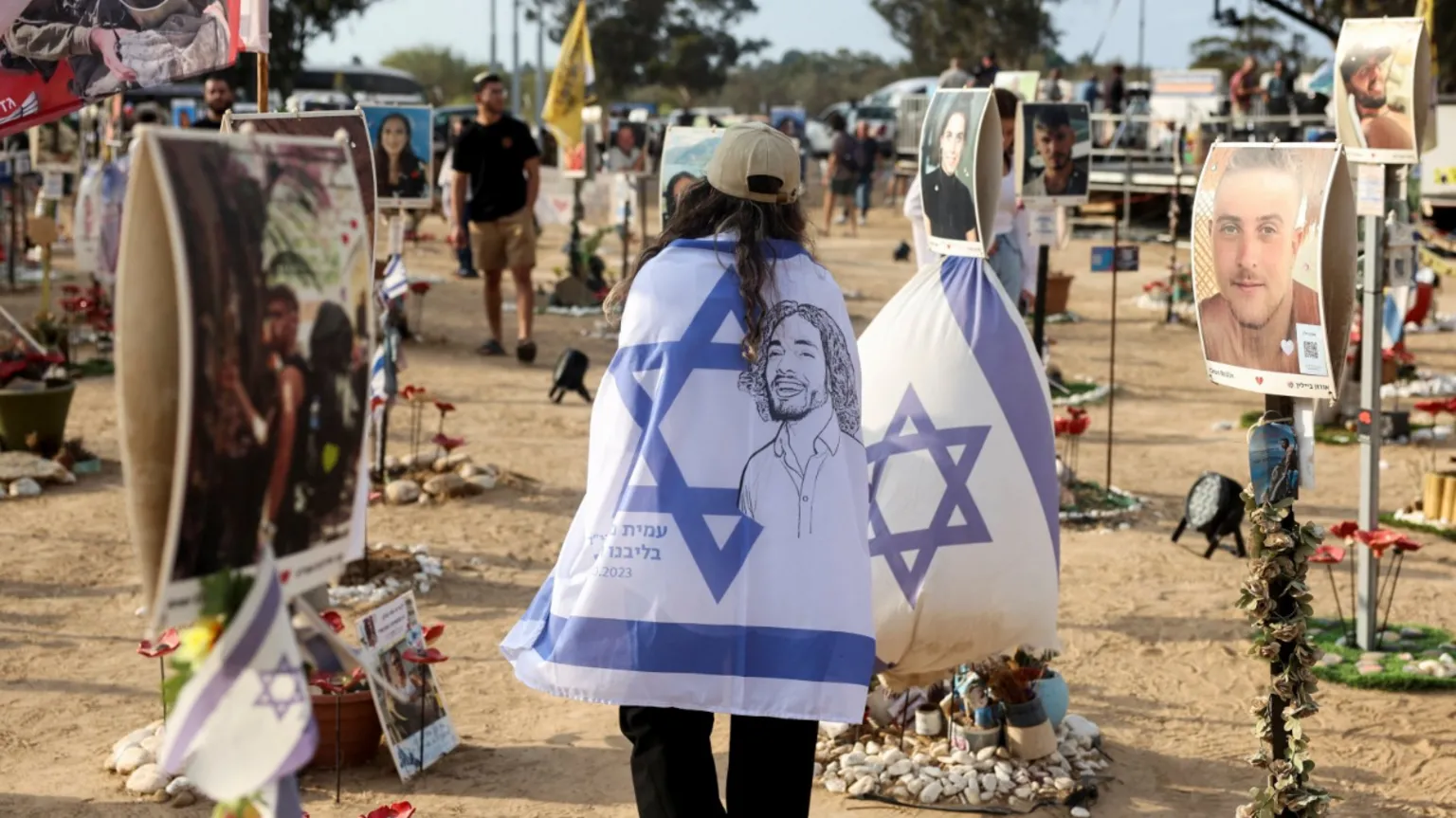
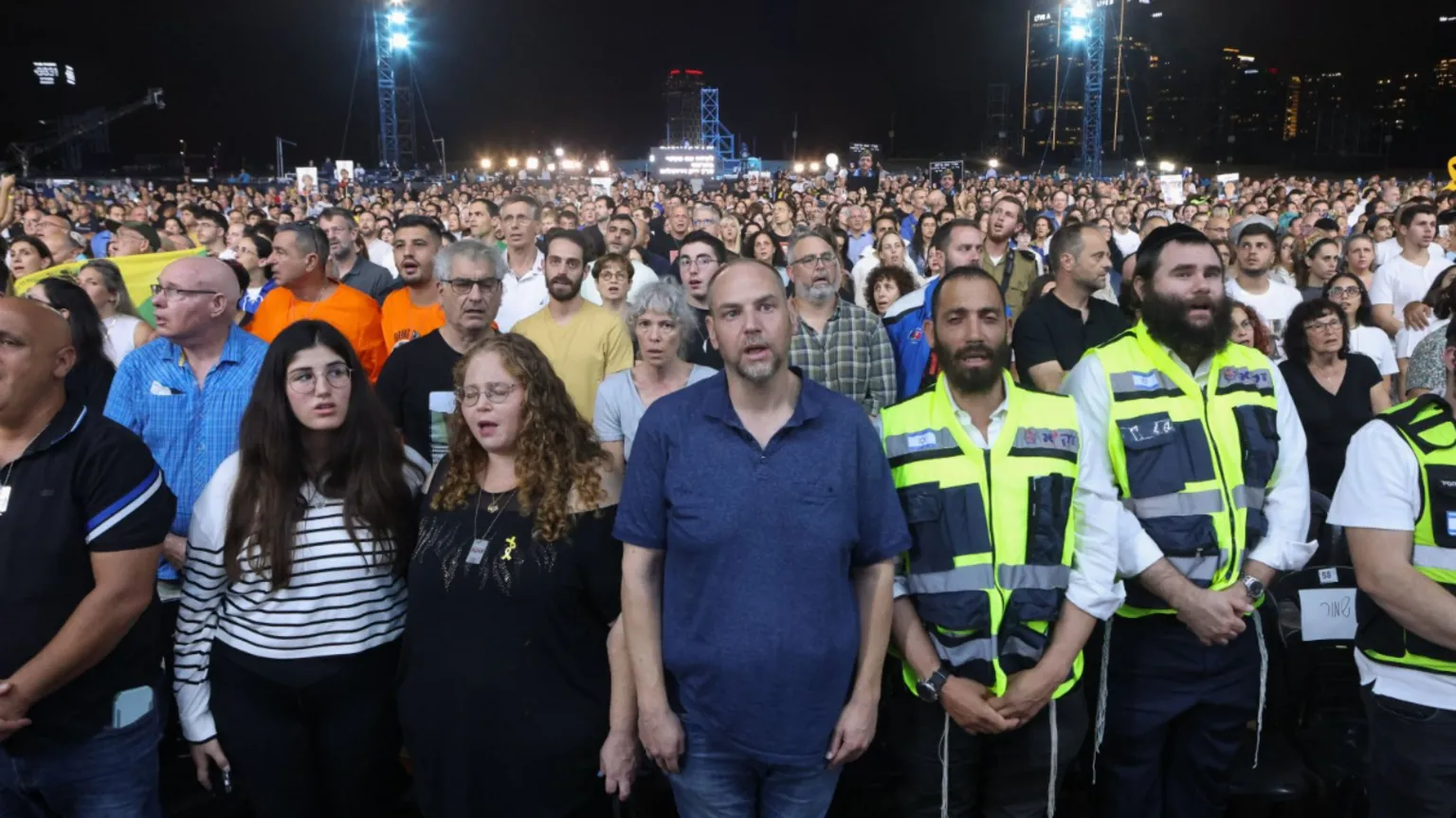
In nearby communities also attacked by Hamas gunmen, smaller events were held.
Elsewhere, Netanyahu visited the Iron Sword memorial in Jerusalem for victims of the Hamas attacks, lighting a candle to “remember our fallen, our hostages”.
In Tel Aviv’s biggest park, Israeli families gathered for an event billed as the Bereaved Families Memorial Ceremony, which served as an alternative to the official government memorial ceremony.
Some of Israel’s most popular singers gave emotional performances, while images of victims flashed on the screens.
The stage was adorned with items symbolising the attacks including burnt and broken cars from the Nova music festival, and a child’s bicycle and swing set from the Be’eri kibbutz.
Outside Israel, US President Joe Biden joined other world leaders in condemning what the “unspeakable brutality” of the Hamas attacks a year ago.
He also expressed horror at the subsequent war, saying “far too many civilians had suffered, far too much”.
Mourners also gathered at vigils around the world including in Australia, South Africa, Germany and the US.
In the UK, Sir Keir Starmer told the House of Commons he supported Israel’s right to defend itself. But Britain’s prime minister insisted there was no military solution to the current crisis and appealed for all sides to “step back”.
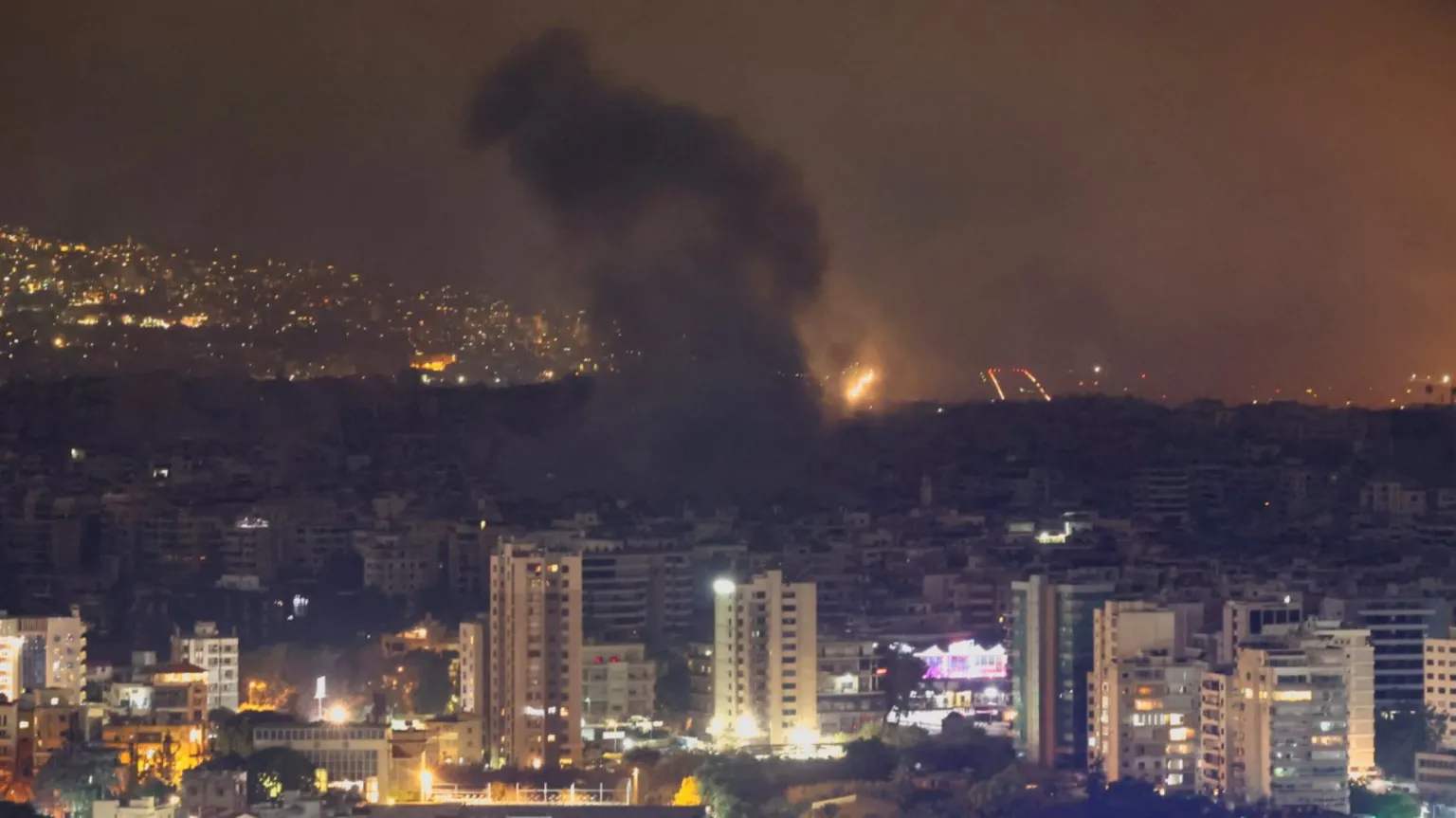
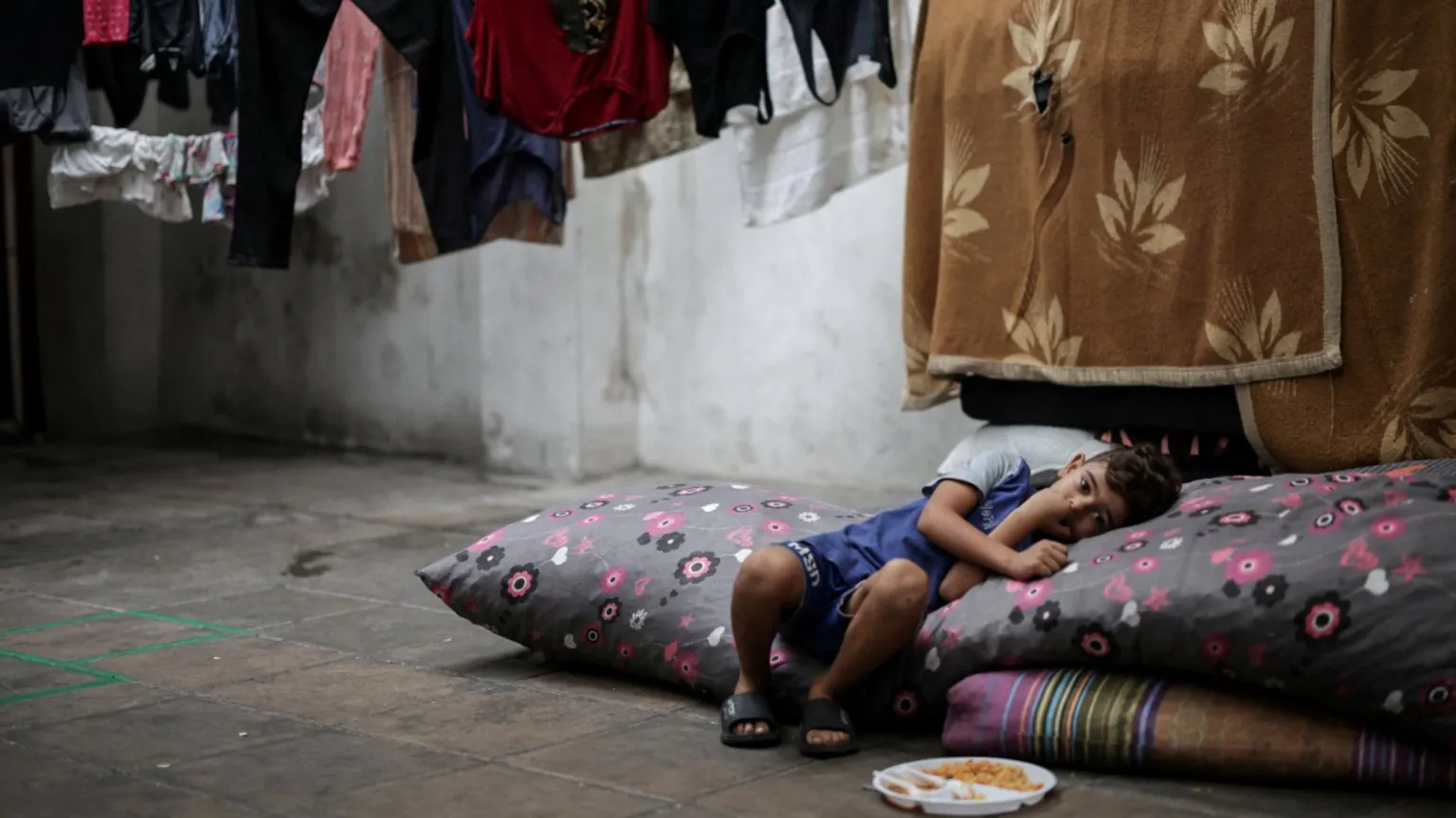
Three weeks of intense Israeli strikes and other attacks in Lebanon have killed more than 1,400 people, and displaced another 1.2 million, according to Lebanese authorities.
Hezbollah – a Shia Islamist political, military and social organisation that wields considerable power in Lebanon – has remained defiant despite suffering a series of devastating blows in recent weeks, including the killing of its leader and most of its top military commanders.
On Monday, the group insisted it was “confident… in the ability of our resistance to oppose the Israeli aggression”.
Israel’s government – which designates Hezbollah as a terrorist organisation – has pledged to make it safe for tens of thousands of displaced residents to return to their homes near the Lebanese border after a year of cross-border fighting sparked by the Gaza war.
The hostilities have escalated steadily since Hezbollah began firing rockets into northern Israel on 8 October 2023, the day after its ally Hamas deadly attack on southern Israel.
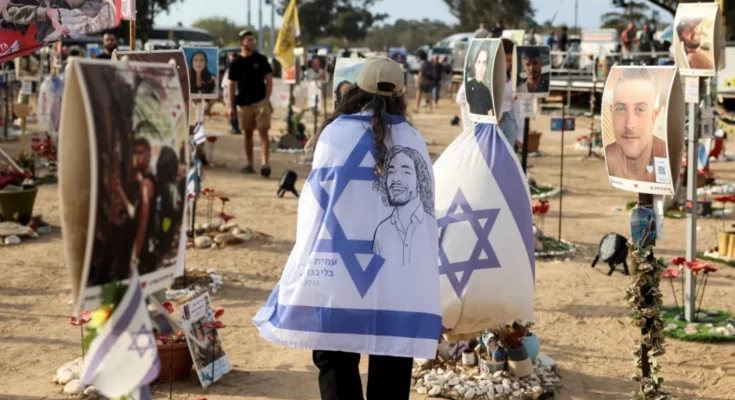
Great platform for discovering AI tools – especially useful for marketers using the AI Twitter Assistant. A smart way to boost efficiency and stay ahead in a fast-moving field.
That’s a solid point about fast payouts – crucial for enjoying the thrill! Seeing platforms like tg77 casino prioritize speed & local payment options (GCash, PayMaya) is a game-changer for Filipino players. Definitely a step up!
Really insightful article! It’s cool how platforms like ph978 casino app download are focusing on skill & strategy, not just luck. Building a ‘digital persona’ for gaming feels very current – a legit arena indeed! 🤔
Interesting read! It’s true, navigating online casinos can be tricky. Security & a smooth platform are key – I’ve heard good things about 987ph’s verification process. Check out the 987ph app download apk if you’re looking for a reliable option & easy access to games!
Interesting analysis! Seeing platforms like legend link ph login really adapt to local preferences – Peso transactions & GCash are key. Smart move focusing on security too, vital for any online gaming experience!
Really interesting points! Seeing platforms like 2jl login cater specifically to the Philippine market with options like GCash is smart. Accessibility is key, and a smooth app download is crucial for mobile players! 👍
Interesting take on probability & player engagement! Seeing platforms like bigbuny login really push visual design alongside stats is smart. It’s not just about the odds, right? A good interface matters! 🤔
That’s a great point about bankroll management – crucial for any serious player! Seeing platforms like luckymax slot download emphasize strategic play is refreshing. It’s not just luck, right? Thinking long-term is key to success in games of chance & skill.
Solid analysis! Bankroll management is key – seeing LuckyMax emphasize 100-200 buy-ins is smart. Strategic play wins, and a platform like luckymax game seems geared towards that. Great post!
That’s a great point about bankroll management – crucial for any serious player! Seeing platforms like luckymax slot focus on strategic play is refreshing. It’s not just luck, it’s skill! Definitely checking out their Texas Hold’em options.
Smart bankroll management is crucial with online gaming. Seeing platforms like bigbunny com emphasize verification & strategic play is a good sign – responsible gaming first! It’s about informed decisions, not just luck. 🤔
Interesting read! The emphasis on strategic account setup, like with bigbunny app download, really highlights how seriously platforms are approaching player advantage now. Probability & verification are key! 🧐
Interesting read! Understanding game probabilities is key, and platforms like bigbunny com seem to prioritize that with their advanced tools. Strategic account setup is crucial for serious players, too! 🤔